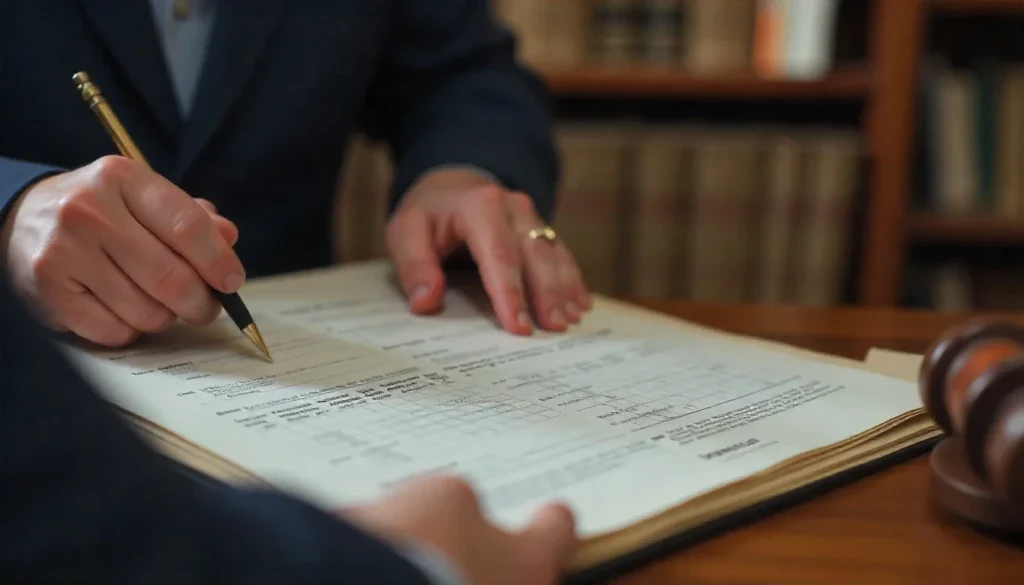Yes, a parenting coordinator in New South Wales (NSW) can assist with the implementation and day-to-day management of parenting orders, but they do not have the power to enforce those orders in a legal sense. Instead, their role is to help parents reduce conflict, improve communication, and ensure smoother cooperation around court-ordered parenting arrangements. They can help interpret and clarify the orders, mediate disagreements, and support compliance, but actual enforcement remains the responsibility of the Family Court.
What Is Parenting Coordination?
Parenting coordination is a child-focused process that helps separated or divorced parents manage ongoing issues relating to parenting orders. It involves working with a trained and neutral third party known as a parenting coordinator. Their role is not to replace court decisions or to make legal rulings but to support the parents in following and applying existing court orders more effectively.
Parenting coordination is especially helpful in high-conflict situations where parents have difficulty cooperating or interpreting their parenting plans.
The Role of a Parenting Coordinator in NSW

In NSW, parenting coordinators usually come from professional backgrounds in family law, psychology, social work, or mediation. Their key responsibilities include:
- Helping parents understand and apply the terms of their parenting orders
- Clarifying ambiguities in the orders to reduce disagreements
- Facilitating communication between parents
- Encouraging cooperative parenting practices
- Supporting parents in focusing on the child’s best interests
- Providing education about child development and co-parenting
- Monitoring compliance with the parenting plan
What Parenting Coordinators Cannot Do
While parenting coordinators play a vital support role, it’s important to understand the limitations of their authority:
- They cannot change or override a court order.
- They do not have the legal power to enforce orders.
- They cannot make binding decisions like a judge.
- They cannot act as legal representatives for either parent.
Enforcement of parenting orders can only be pursued through the Family Court if one parent is not complying. Parenting coordinators can, however, document patterns of non-compliance, which may support future legal proceedings.
Benefits of Parenting Coordination
Parenting coordination offers numerous advantages, especially for high-conflict or litigious families. Some key benefits include:
- Reduced conflict: The coordinator helps manage disputes in real time, preventing escalation.
- Better communication: Parents learn skills for healthier and more productive communication.
- Child-focused decision-making: Ensures the child’s needs remain the priority.
- Efficient problem-solving: Parents get help resolving disagreements without returning to court.
- Consistency: The coordinator ensures that both parents are interpreting and applying orders consistently.
Who Might Benefit From Parenting Coordination?

Parenting coordination is most effective for families where:
- There is a history of frequent court applications or breaches of orders
- Parents struggle with communication or cooperation
- There are recurring misunderstandings about parenting arrangements
- The children are affected by ongoing parental conflict
Is Parenting Coordination Legally Binding?
No, the decisions made by a parenting coordinator are not legally binding unless both parents agree to give the coordinator such authority in a written agreement. However, parenting coordinators can submit reports or notes to the court if requested, particularly in cases involving ongoing disputes.
How Does Parenting Coordination Work in Practice?
Typically, both parents agree to use a parenting coordinator either voluntarily or through a court order. Sessions can be held in person or online and may occur weekly, fortnightly, or monthly depending on the family’s needs.
The process generally involves:
- Initial assessment to understand the nature of the conflict and review the parenting orders
- Goal-setting with both parents to agree on outcomes for the child
- Regular meetings to discuss issues, review progress, and address challenges
- Education and coaching on communication and co-parenting strategies
- Ongoing support as parents navigate changes or conflicts
What If One Parent Refuses to Cooperate?
If one parent is unwilling to engage with the parenting coordinator, the process becomes more difficult. While parenting coordination works best with mutual participation, a coordinator can still support the compliant parent with strategies and documentation.
However, in cases where one parent continuously obstructs or refuses to follow parenting orders, legal enforcement may be necessary through the Family Court. The coordinator can provide evidence to support the case.
How to Find a Parenting Coordinator in NSW
If you’re considering parenting coordination, it’s important to choose someone qualified and experienced. Look for professionals who:
- Have training in family law, mediation, and conflict resolution
- Are familiar with the Family Law Act and court procedures
- Understand child development and co-parenting dynamics
- Maintain a neutral and balanced approach
You can find parenting coordinators through:
- Family law firms
- Mediation and family dispute resolution services
- Referrals from your family lawyer or therapist
Legal Framework for Parenting Coordination in Australia
Parenting coordination is not yet a formally legislated process in Australia, but it is gaining recognition in family law practice. It complements existing court processes and fits within the framework of supporting the best interests of the child, as outlined in the Family Law Act 1975.
Some judges may recommend or include parenting coordination as part of final orders, especially in high-conflict cases. However, it is still a relatively new approach and more common in private agreements.
Parenting Orders vs. Parenting Plans: Know the Difference
It’s important to understand the distinction:
- Parenting Orders are legally binding decisions made by the court.
- Parenting Plans are mutual agreements between parents, not legally enforceable.
Parenting coordinators can assist with both, but their support is especially valuable in helping parents comply with court-ordered arrangements and avoiding breaches that could lead to further litigation.
When to Seek Legal Advice
While a parenting coordinator can assist with communication and cooperation, they do not replace a lawyer. You should seek legal advice if:
- You’re unsure about your rights under a parenting order
- The other parent is not complying with the order
- You’re considering going to court for enforcement
- You want to understand how parenting coordination fits within your legal options
Final Thoughts
Parenting coordination is a practical and child-centred tool that can ease the stress and confusion of co-parenting under court orders. While parenting coordinators in NSW cannot legally enforce orders, they can play a crucial role in helping parents understand, follow, and work within those orders more effectively. This can lead to reduced conflict, better outcomes for children, and fewer court appearances for parents.
If you’re struggling to manage parenting orders or ongoing disputes with your co-parent, consider speaking with a qualified parenting coordinator or family lawyer to explore whether this approach is right for you.


















